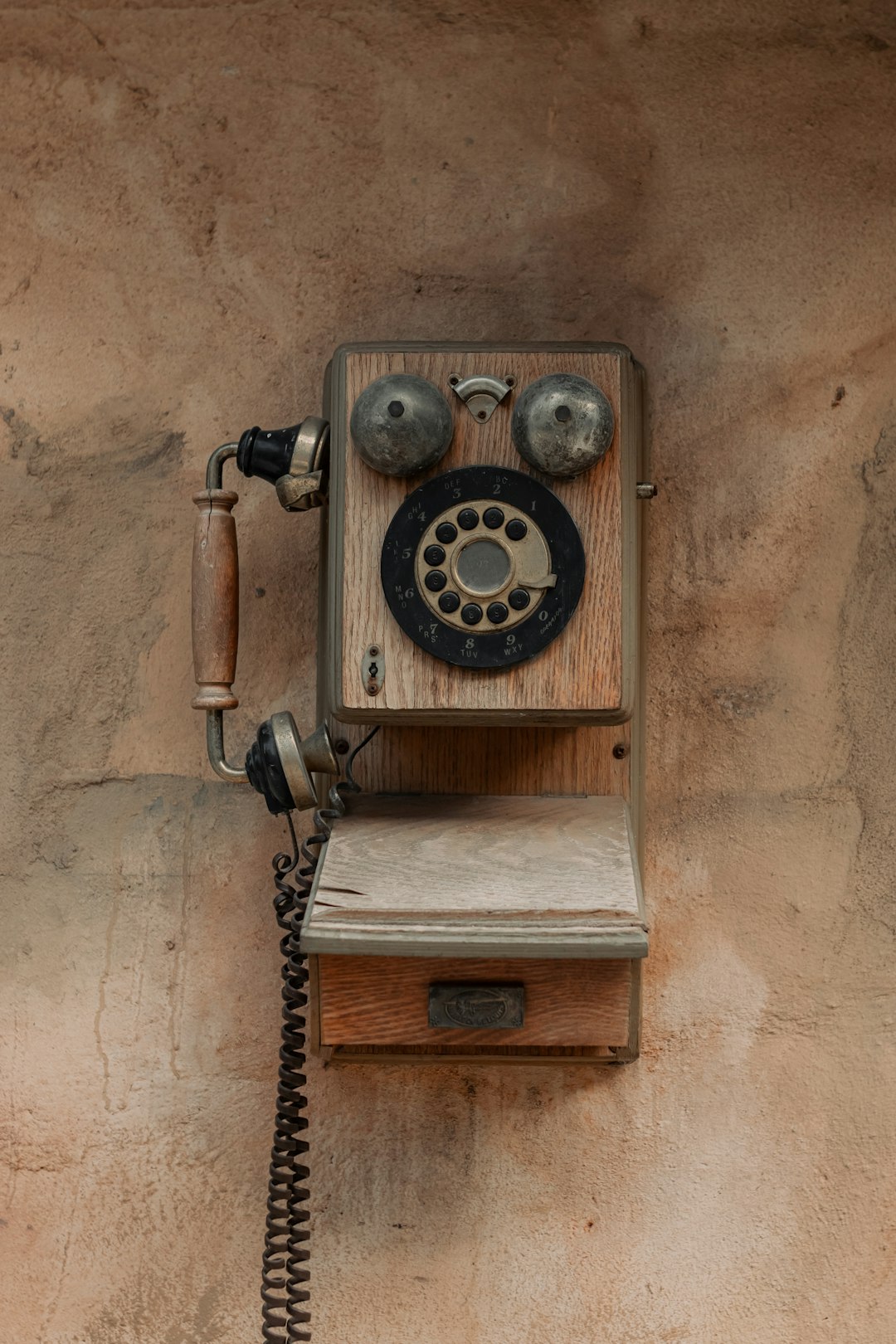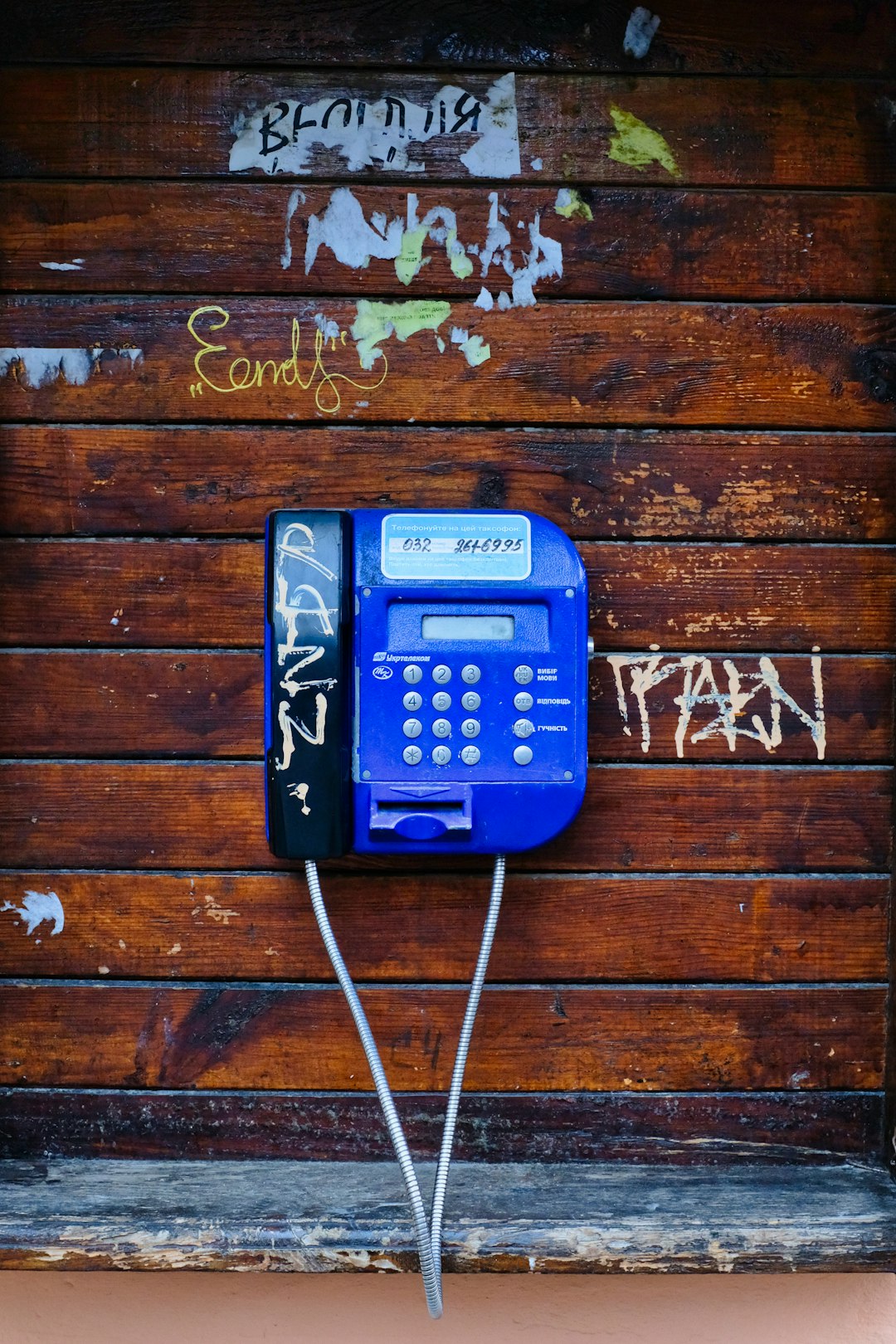In Los Angeles, harassing phone calls are common but illegal under state laws like the California Invasion of Privacy Act and TCPA. To combat harassment, document each incident with details such as call times, numbers, messages, and any threatening language. Keep detailed records in a logbook to support issuing a Do Not Call order or legal action against a do not call attorney Los Angeles. If harassment persists, reach out to non-profit organizations or legal aid societies for guidance on next steps, including filing a police report.
Receiving harassing calls can be a distressing experience, especially in a bustling city like Los Angeles. Understanding your rights and taking proactive steps is crucial. This guide navigates through the complex landscape of unwanted calls, offering insights into documenting incidents, exploring legal options with a Do Not Call attorney Los Angeles, and implementing strategies to protect yourself from persistent harassment. By the end, you’ll be equipped to handle these situations effectively.
Understanding Harassment and Unwanted Calls in Los Angeles

In Los Angeles, harassment and unwanted phone calls are prevalent issues that can significantly impact individuals’ daily lives. It’s essential to understand what constitutes harassment to know when to take action. Harassment is a broad term encompassing various forms of persistent, unwanted contact designed to intimidate, offend, or cause distress. This includes repeated phone calls with no legitimate purpose, often characterized by aggressive, threatening, or abusive language.
Such calls can be from individuals, companies, or even automated systems known as robocallers. While some calls may be mistaken, others are deliberate attempts to intimidate or manipulate. If you find yourself receiving harassing calls, it’s advisable not to engage but instead document the incidents. Note down details like call times, numbers, any threatening messages, and the frequency of calls. This documentation can prove valuable if you decide to report the issue or seek legal advice from a Do Not Call attorney in Los Angeles.
Documenting the Incidents: What to Record and Keep

When dealing with harassing calls, documenting each incident is crucial. Keep a record of every interaction, including the caller’s identity if possible. Note down dates, times, and a detailed description of what was said. It’s also beneficial to record any threats or inappropriate language used. Take screenshots or make recordings if the calls are via phone, and save any text messages or emails related to the harassment.
Make copies of any physical evidence such as letters or packages sent by the harasser. Keep a logbook where you can write down key details each time an incident occurs, including any actions taken in response. This documentation will be invaluable if you decide to take legal action and can help demonstrate patterns of behavior that may lead to a Do Not Call order being issued in Los Angeles without having to involve an attorney.
Legal Options and Resources Available in California

In California, including Los Angeles, harassing phone calls are taken seriously under state laws, such as the California Invasion of Privacy Act and the Telephone Consumer Protection Act (TCPA). If you’re experiencing persistent or unwanted calls, it’s advisable to document each incident, including call times, numbers, and any threatening messages. This information can be crucial in legal proceedings.
One course of action is to contact a do not call attorney in Los Angeles who specializes in telecom laws. They can help you navigate your rights and options, such as sending cease-and-desist letters or filing lawsuits against the perpetrators. California’s Attorney General’s Office also offers resources and support for consumers facing harassment, including phone calls.
Protecting Yourself: Strategies to Stop Harassing Calls

Receiving harassing calls can be a distressing and overwhelming experience, but there are strategies to protect yourself and put an end to this unwanted behavior. One effective approach is to document every instance of harassment. Note down the caller’s number, the date and time of the call, and any specific messages or threats made. This information will be valuable if you decide to take legal action later.
Another crucial step is to inform the caller that their actions are unwelcome and to request them to stop immediately. You can say something like, “I do not wish to receive calls from you and want you to cease all contact.” If the harassment persists, consider using the resources available in Los Angeles. There are non-profit organizations and legal aid societies that offer advice on dealing with harassment and can guide you on whether to file a police report or take legal action by consulting a do not call attorney in Los Angeles.






